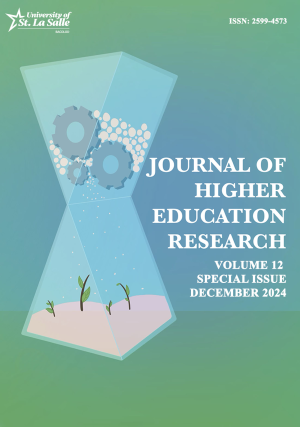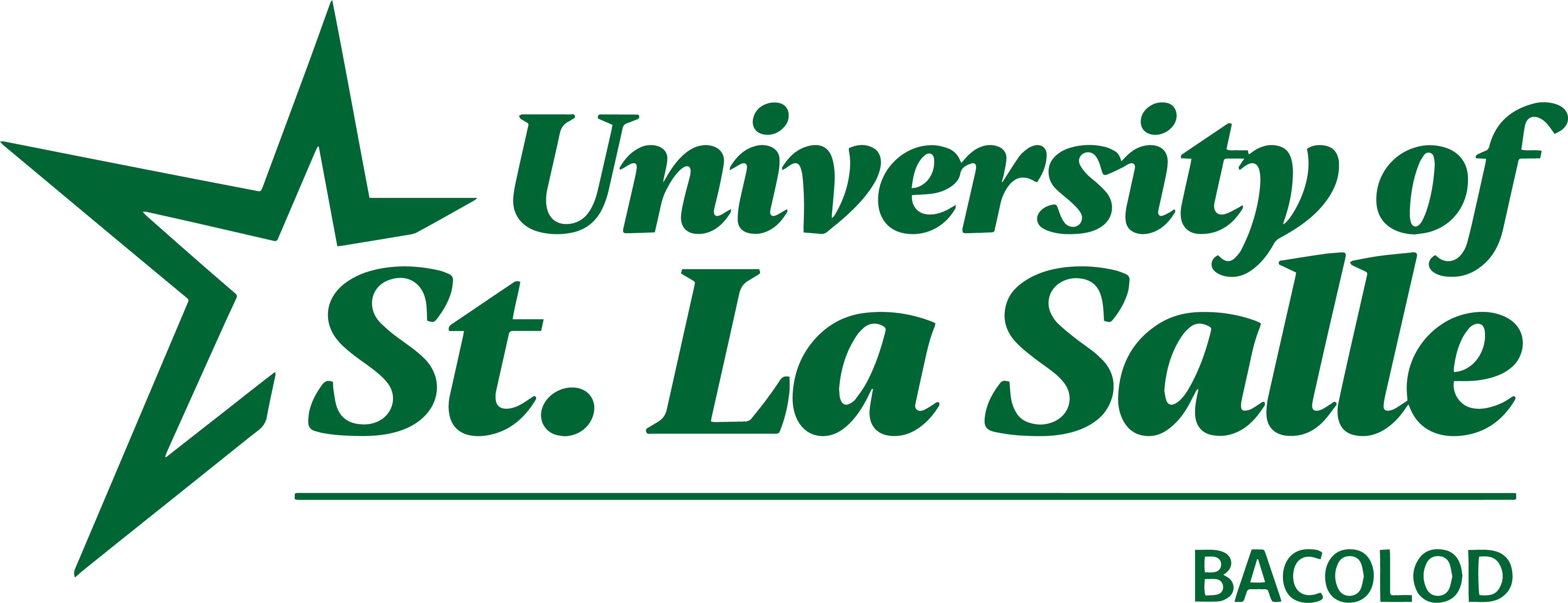A closer look on Philippine professional standards for school heads (PPSSH): Career stages and leadership practices
https://doi.org/10.70228/PFREE2024023JHER
Cite this article Read this article
ABSTRACT
This study investigated the career stages and leadership practices of secondary school heads in the Division of Negros Occidental aligned with the Philippine Professional Standards for School Heads (PPSSH). A descriptive correlational method of research using the standardized questionnaire and unstructured interview was utilized to gather data on the level of career stages and extent of leadership practices on the domains of the PPSSH from 77 secondary school heads. This study found that school heads fell under career stage 3 and extensively practiced the domains in the PPSSH. In addition, there was no significant difference in the career stages of school heads when grouped according to age, years in service, and educational attainment. However, statistical significance was found between the level of career stages and the position of the school heads. Principal I tends to have a higher career stage than Teacher-in-Charge/Officer-in-Charge. There was no significant difference in the extent of leadership practices of school heads, and the school heads' performance was Outstanding. The result revealed no significant relationship between career stages, leadership practices, and school heads' performance; and school heads employ the competencies by anchoring on PPSSH standards and mirroring one's actions. The study emphasizes the need to review the performance indicators in the Office Performance Commitment and Review Form (OPCRF) of the school heads to ensure they are aligned with the PPSSH.
Keywords: career stage, leadership practices, PPSSH, school heads, OPCRF

Volume 12 Special Issue, 2024 EDITION
Published 2024
Editor's Note
Across every level of education, leadership and governance shape the direction, culture, and success of learning communities. In times of change and uncertainty, the strength of our schools depends on leaders who can balance vision with action, empathy with accountability, and innovation with tradition. This Special Issue of the Journal of Higher Education Research turns the spotlight on those leaders—documenting their strategies, challenges, and achievements, and offering practical models for others to follow. Carcueva and Ureta provide a closer look at the Philippine Professional Standards for School Heads (PPSSH), examining how career stages align with leadership practices and performance. Meanwhile, Toreta and Ureta showcase the best practices and qualities of the most outstanding school heads, whose leadership fosters excellence, transparency, and sustainable partnerships. Tingson and Leonor examine the relationship between emotional leadership and teachers’ work engagement, providing insights into how supportive leadership styles impact morale and commitment. Miraflores and Leonor evaluate the Project FREE Paglaum Scholarship Program, revealing its substantial impact on teachers’ professional advancement and career progression. Gomez and Ramos chronicle the “metamorphic transition” of Teachers-in-Charge from classroom educators to effective school leaders. At the same time, Salmorin and Ureta examine leadership practices and resilience as predictors of school manager performance in the dynamic and uncertain VUCA environment. Jalwin and Yap present a structural equation model that links leadership practices, organizational culture, self-efficacy, and school quality, shedding light on the complex interplay among these variables. Amisola and Leonor assess School-Based Management (SBM) practices, advocating for a continuous quality improvement program to strengthen educational autonomy and performance. Celeste and Amparo highlight the influence of spiritual leadership on teachers’ organizational commitment, suggesting that values-driven leadership serves as a catalyst for workplace satisfaction and retention. Collectively, these works reveal that effective educational leadership is not confined to administrative skill—it is rooted in vision, empathy, resilience, and a steadfast dedication to fostering environments where both educators and learners thrive. We extend our deepest gratitude to the authors for their invaluable contributions, to our peer reviewers for their discerning feedback, and to the Publication and Engagement Office led by Dr. Lota Largavista for their unwavering support in realizing this special edition. May the insights in this special issue serve as both a guide and an inspiration—equipping educational leaders and policymakers with the wisdom, courage, and innovative spirit needed to shape schools that not only respond to the challenges of today but also create the possibilities of tomorrow. Sincerely, JOVAL N. MARTINEZ Editor-in-Chief


